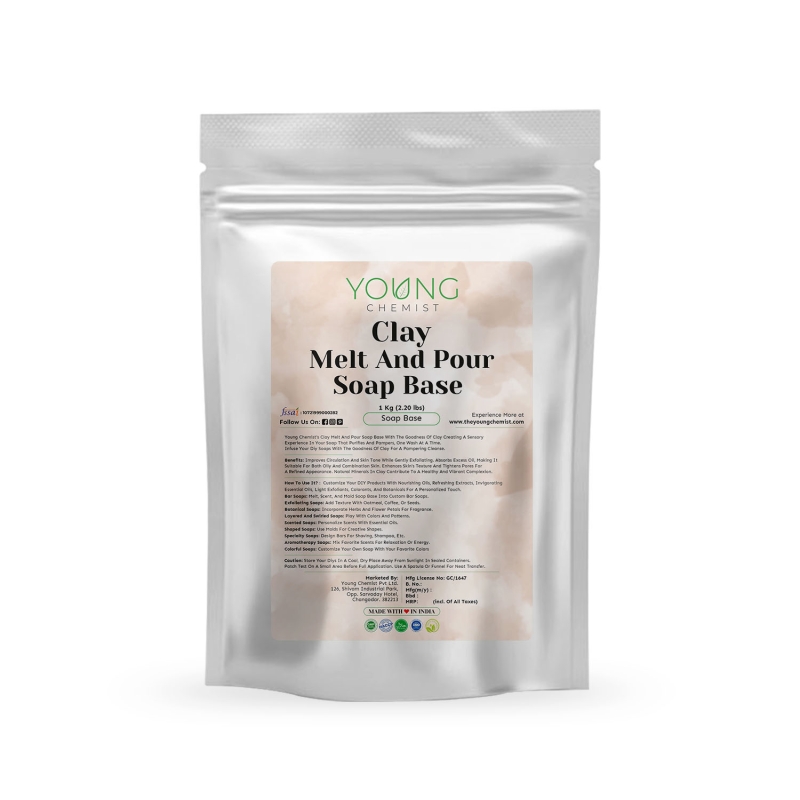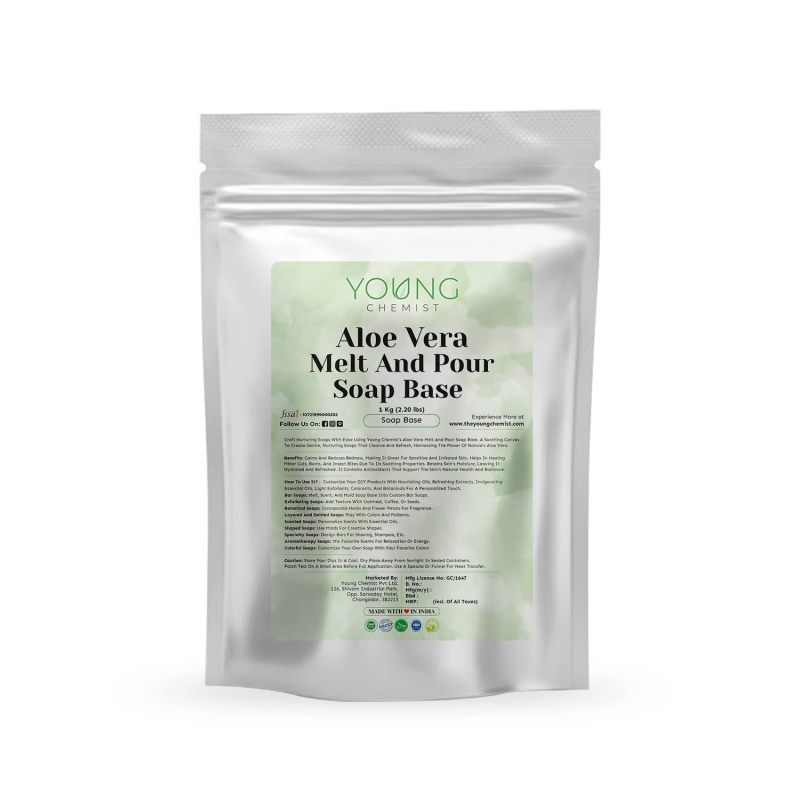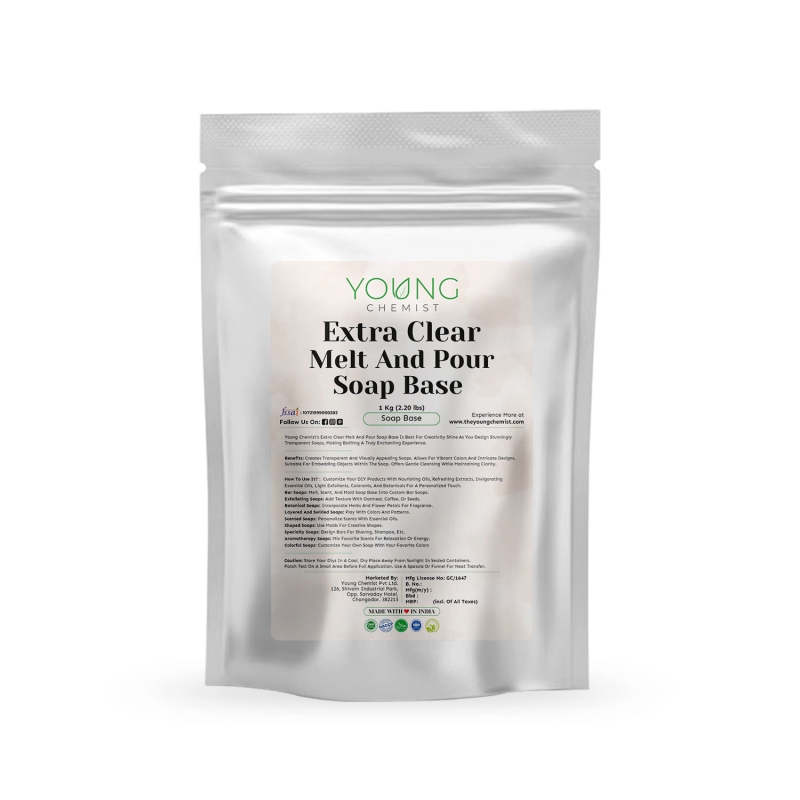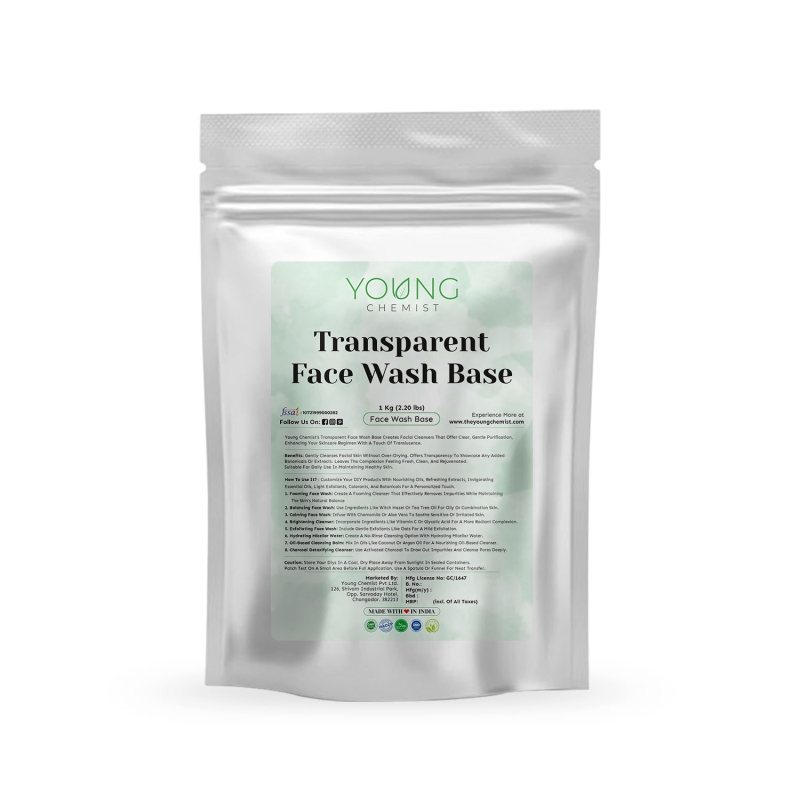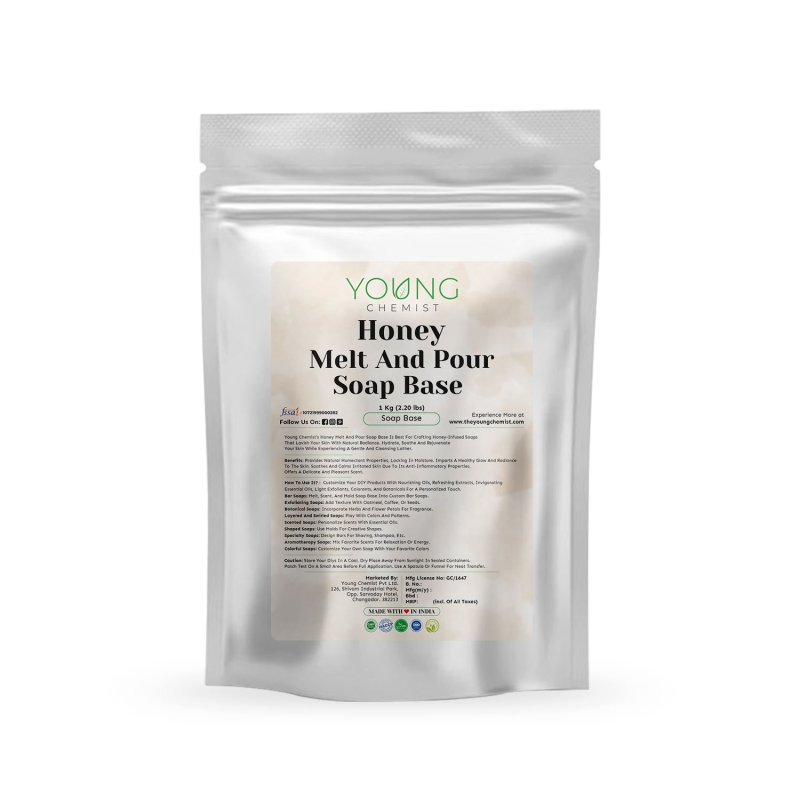-
No Item Added in Cart.
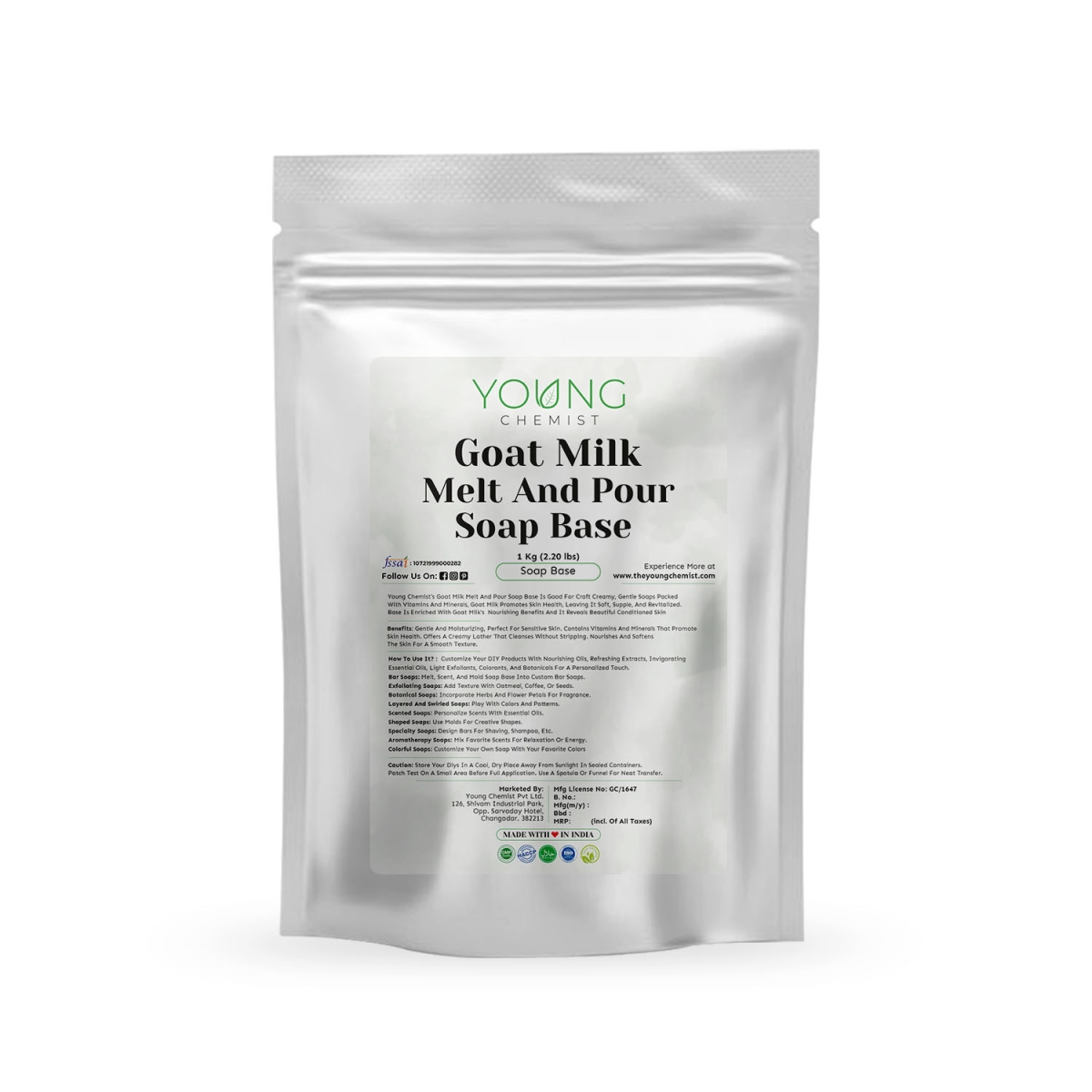
Goat Milk Melt & Pour Soap Base
SKU: DIY-SOAPBASE02
Size

40 customers are viewing this product



The Goat Milk Soap Melt & Pour Soap Base is a high-quality, all-natural soap base that is enriched with nourishing goat milk. It is a ready-to-use soap base that requires no complicated soap-making processes and is ideal for those who want to create their own custom soaps easily and efficiently.
Goat Milk Melt & Pour Soap Base is a rich, creamy, and nourishing soap-making base ideal for daily skincare and luxurious DIY soap creations. Enriched with pure goat milk, this base delivers deep hydration, gentle cleansing, and natural skin-repairing benefits. Goat milk is packed with lactic acid, vitamins, minerals, and fatty acids, which help exfoliate dead skin cells, brighten the complexion, and restore skin softness. Its velvety texture melts smoothly, making it perfect for crafting moisturizing soaps at home or for small-batch businesses.
This gentle base is suitable for all skin types, especially dry, sensitive, mature, and irritated skin. It creates a creamy, soothing lather that cleans without stripping natural oils, making it ideal for daily bathing. Free from sulphates, parabens, mineral oils, and harsh chemicals, Goat Milk Melt & Pour Soap Base ensures safe, skin-loving cleansing for both adults and children.
It blends beautifully with essential oils, natural colors, herbs, exfoliants, and skin-enhancing ingredients, allowing you to create brightening soaps, anti-aging bars, baby soaps, aromatic soaps, and winter-care soaps.
| Title | Description |
|---|---|
| No specifications available. | |
- Cut the desired amount of soap base into small chunks for easy melting.
- Use a double boiler or microwave to melt the soap base. If using a microwave, heat in short intervals to avoid overheating.
- Once the soap base is melted, add any desired fragrances, colors, or other additives. Stir gently to ensure even distribution.
- Pour the mixture into soap molds and let it cool and solidify. This process usually takes a few hours.
- Once the soap has hardened, remove it from the molds, and your custom-made soap is ready to use!
Cut the Goat Milk Melt & Pour Soap Base into small cubes. Melt the pieces using a microwave or double boiler on low heat until completely liquified. Add your preferred essential oils, fragrances, herbs, exfoliants, or active ingredients and mix gently. Avoid vigorous stirring to prevent bubbles. Pour the melted soap into silicone molds and let it cool for 2–4 hours or until fully hardened. Remove from molds and store or package as needed. Use daily by lathering on wet skin and rinsing thoroughly. Ideal for crafting nourishing handmade soaps for personal use, gifting, or small-batch business.
- Nourishing and Moisturizing: Goat milk is known for its rich nutrient content, including vitamins and minerals, which help nourish and hydrate the skin, leaving it soft and supple.
- Gentle on the Skin: This soap base is suitable for all skin types, including sensitive skin. It is free from harsh chemicals and additives, making it gentle and non-irritating.
- Easy to Use: Melt & Pour soap bases are user-friendly and require no expertise in soap-making. Simply melt the base, add desired fragrances, colors, or additives, and pour into molds.
- Customizable: With this soap base, you have the freedom to customize your soap creations by adding various essential oils, exfoliants, or botanicals to suit your preferences and skin needs.
- Versatile: The Goat Milk Melt & Pour Soap Base is versatile and can be used to create a wide range of soap products, including bars, embeds, and even liquid soaps.
Goat Milk Melt & Pour Soap Base deeply nourishes and hydrates the skin, making it ideal for dry and sensitive skin types. Its natural lactic acid gently exfoliates, brightens, and improves skin texture. Rich in vitamins and fatty acids, goat milk supports skin repair, reduces dryness, and enhances elasticity. The creamy, chemical-free formula produces a soothing lather that cleanses without irritation. Easily customizable, this base blends well with essential oils, herbs, and exfoliants to create moisturizing, anti-aging, and baby-friendly soap bars. Perfect for daily routine use, it leaves the skin soft, glowing, and well-nourished.
- For external use only. Avoid contact with eyes. In case of eye contact, rinse thoroughly with water.
- Conduct a patch test before using the soap on larger areas of the skin, especially if you have sensitive skin or known allergies.
- Keep out of reach of children and pets to prevent accidental ingestion.
- If irritation or redness occurs, discontinue use immediately and consult a healthcare professional.
- Store the soap base in a cool, dry place away from direct sunlight to maintain its quality and prevent premature melting.
- When melting the soap base, use caution to avoid overheating, as this may affect the soap's texture and performance.
Remember that individual experiences may vary, and it's always a good idea to consult with a dermatologist or healthcare professional if you have specific skin concerns or conditions.
Product Questions
Goat milk soap is made with goat milk, which is rich in nutrients like alpha-hydroxy acids (AHAs) that exfoliate and moisturize the skin. It's often gentle and suitable for sensitive skin.
It's a pre-made soap base that you can melt, customize with additives like essential oils or herbs, and pour into molds to create your own soap.
Many goat milk melt and pour soap bases are cruelty-free, meaning they aren't tested on animals. Check the product label for specific certifications.
Yes, goat milk is often gentle on sensitive skin. However, it's always a good idea to patch test any new product before full use.
Cut the base into small pieces, melt it in a double boiler or microwave (be careful not to overheat), and pour it into molds. Let it cool and harden.
Yes, you can add essential oils for fragrance and potential therapeutic benefits. However, always follow the recommended usage guidelines and avoid using too much.
You can add herbs, clays, exfoliants, or colorants to customize your soap.
The shelf life of homemade soap can vary depending on factors like storage conditions and ingredients. Generally, it can last for several months.
If you plan to sell your homemade soap, you may need to comply with local regulations and obtain necessary permits or licenses.
You can find goat milk melt and pour soap base at online available online our company's website ( https://www.theyoungchemist.com/ ).

